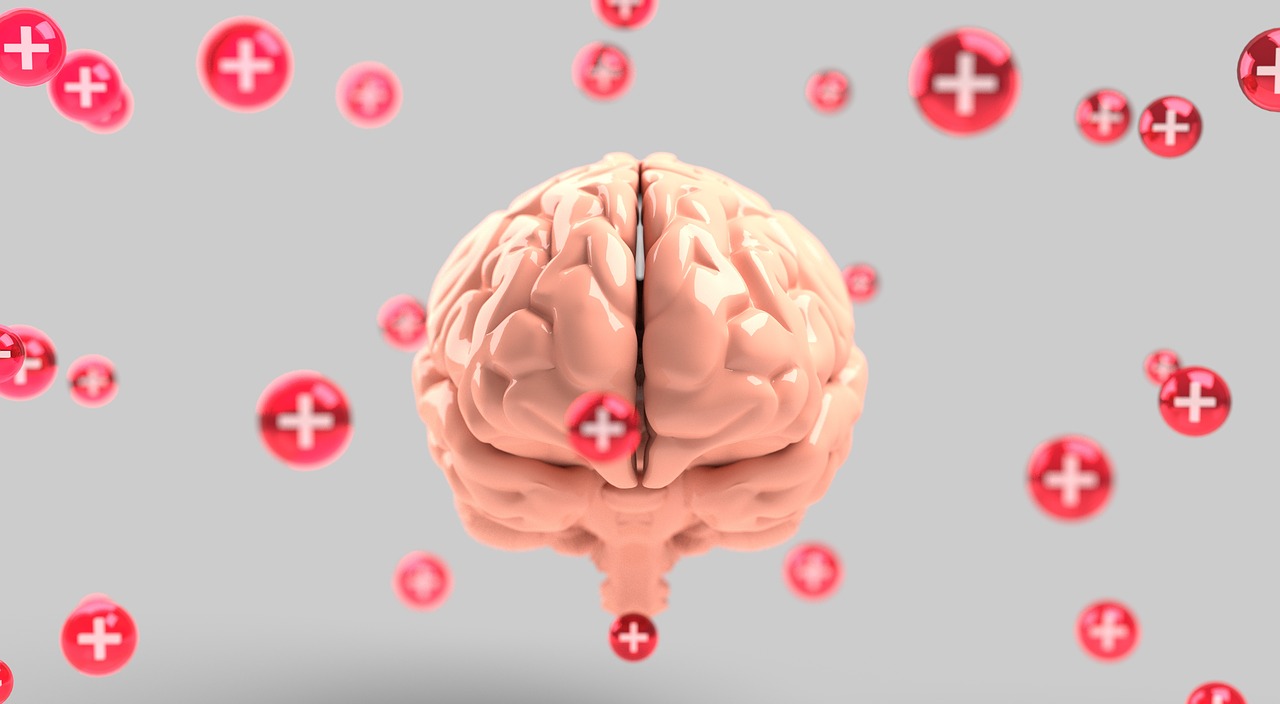Solutions for Broome County Residents in Need of Mental Health Treatment
As Broome County residents are still reeling from pandemic-related anxiety, many claim they are far from out of the woods in terms of achieving optimal mental health. In fact, Binghamton and outlying areas saw a spike of opioid overdoses since COVID-19 ran rampant through the county, according to the Broome Opioid Awareness Council. It is true, the availability of Narcan nasal spray has reduced the overall death count due to overdoses. However, there is a clear and present urgency in getting proper mental health care to residents enduring mental disorders and/or substance abuse issues.
Challenges for Residents in Getting Proper Treatment
According to the National Rural Health Resource Center, almost 6% of Broome County residents do not have insurance. An overwhelming 12% are underinsured. In light of these staggering statistics, many citizens are going without adequate treatment of conditions such as chronic depression, mental disorders, or substance abuse.
Thankfully, programs such as Catholic Charities in Broome County are offering free services to help residents identify mental problems and address them before they become out of control.
Other obstacles to seeking proper mental health treatment include denial or a sense of embarrassment. All too often, many people equate mental suffering or substance abuse with weakness. While this is far from true, the stigma remains. Fortunately, non-profit organizations such as the Mental Health Association of the Southern Tier work with local county systems in order to support, advocate and educate Broome County residents about the importance of mental wellness.
In other cases, mental health issues go undetected altogether. This is especially true with mental health challenges in college students and in universities. Left undetected, a mental challenge can manifest into severe emotional and physical difficulties. Furthermore, people struggling with emotional instabilities might seek to self-medicate, leading to substance abuse, which can certainly exacerbate any mental condition.
Alternatives for Those in Need
Thankfully, there are hospitals in the area that can offer affordable services, or treatment on a sliding scale according to household income. Some organizations such as the Greater Binghamton Health Center offer free counseling and assistance to those in need of mental care.
Additionally, there are alternative, private solutions for residents seeking comfort and respite from mental ailments. Some of these options offer more flexibility and are more suitable for certain situations than others. For instance, some residents are opting for short-term rehab treatments over longer term sessions. This provides the care they need while allowing them to get back to their lives more quickly.
Still, other Broome County citizens are opting for online treatment. In some circumstances, this provides people in need with the proper counseling for depression and behavioral issues. Online mental health care is often a solution for mild cases of mental affliction. Online therapy is also an ideal solution for those suffering from temporary setbacks such as postpartum depression, seasonal affective disorder or people struggling from grief after the loss of a loved one.
Self-Help and Mental Health in the Community
Seeking professional help for mental issues or substance abuse is the number one option, and can be extremely effective for long-term recovery. However, mental health services are not the only option available. Broome County residents are beginning to awaken to self-help and opportunities in the community to help manage and overcome mental imbalances.
For example, the Broome County Mental Health and Wellness Resource Guide is constantly updated to provide outreach programs in the community for those who are in need. The guide lists all manner of mental health support groups such as bereavement, substance abuse hotlines, crisis center contact information and more. This useful guide can also help you navigate through many mental health programs to get you back on track. Some programs include assistance for overeating disorders, eldercare support, and mental health services for veterans.
You Are Not Alone
If you are struggling with depression, it’s natural to feel alone. Furthermore, addiction can be a paralyzing and isolating affliction. The fact is, you are not alone. Birmingham has a long history of serving its community with proper treatment when needed.
Furthermore, Broome County has a strong faction of community members and programs designed to help you in your hour of darkness. If you are severely threatened with mental health issues or feel your life is in danger from addiction, please call the local Comprehensive Psychiatric Emergency Program, at 800-451-0560. Or, consult the Broome County website for various crisis hotlines available to you.

